Welcome to Bachelor in Public Administration!
» For questions about admission, scholarships or other pedagogical issues, you can contact us at pedagogico@eeg.uminho.pt
This degree aims at training qualified and knowledgeable professionals in the fields of Public Management and Public Policies, and who may hold skills and competencies to respond to the ever-growing, complicated challenges of modern Public Management. It bridges a solid theoretical awareness and practical training deemed utterly important for the performance of management functions in the Public Administration, public companies, public associations and private companies. This degree relies upon a high-standard faculty who resort to innovative teaching methodologies. These favour and boost the acquisition of skills, ethical training, and a critical spirit. Its curriculum was designed to render graduates keen to accommodate and adapt to the challenges posed by organisations.
Entrance Examinations 2026/2027
To apply for the programme, applicants must complete
two of the following entrance examinations:
- Economics
- Applied Mathematics to Social Sciences
- Portuguese
Note:
In addition to obtaining a positive grade in the project component, the conclusion of the Curricular Unit (UC) "Project" implies cumulatively the verification of the following requirements:
(1) compliance with 3 ECTS in the EEGenerating Skills programme;
(2) compliance with the Data Analysis Requirement;
(3) compliance with the Internationalisation Requirement.


